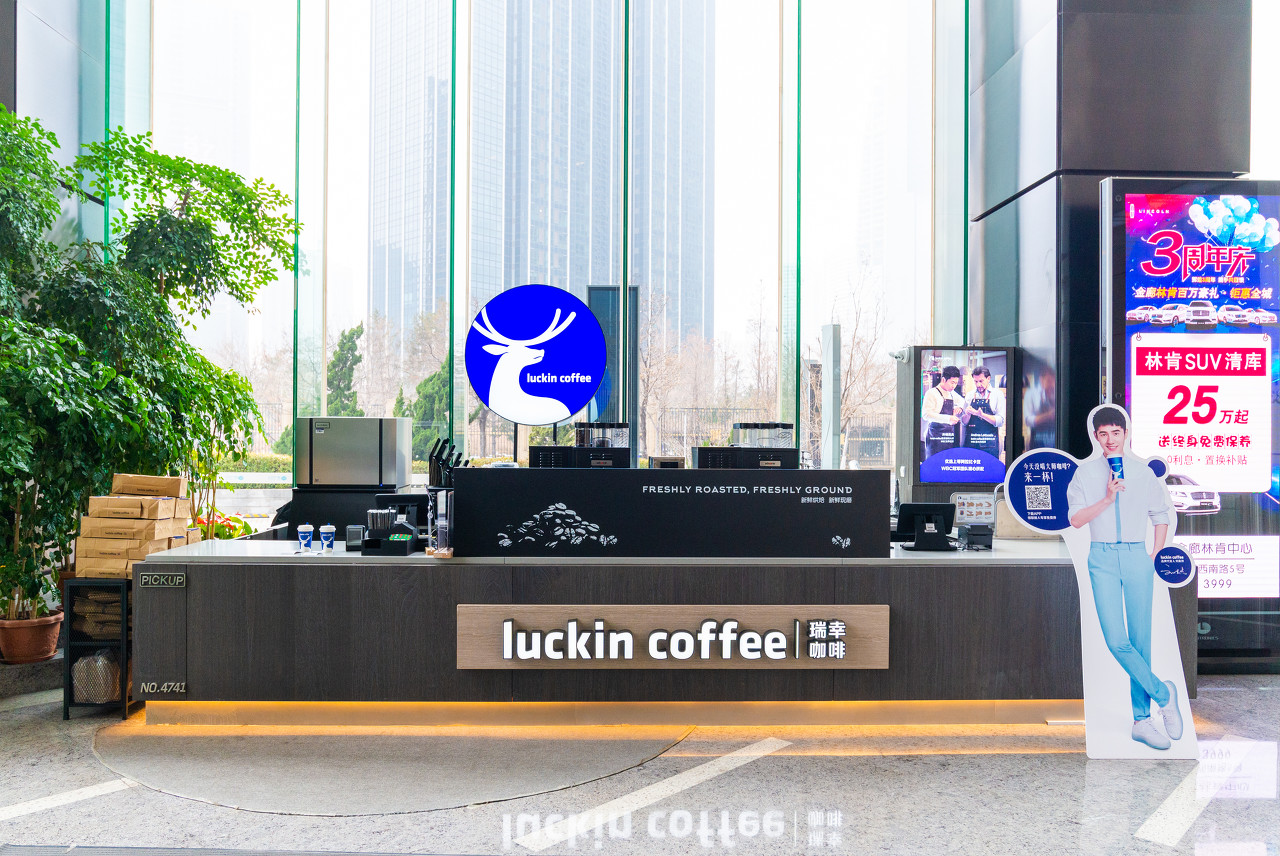Chinese coffee chain Luckin Coffee (NASDAQ: LK) has gone through a lot since its founding in 2017. In only three years, it has outnumbered the stores offoreign competitor Starbucks with 4910 locations in China, becoming a Nasdaq-listed company, and reaching a market valuation of USD 12 billion at its peak in 2019.
However, 2020 has been a tumultuous year for the firm. The coffee chain was first hit with fraud allegations by short-seller Muddy Waters in February, which, based on an anonymous 89-page report, claimed that Luckin had inflated sales by at least 69%. In April, Luckin disclosed an internal investigation into the conduct of former chief operating officer (COO) Jian Liu, believed to have inflated revenues by RMB 2.2 billion (USD 310.5 million).
In May, Luckin fired its former CEO, Jenny Qian Zhiya, setting Guo Jinyi as the firm’s new acting CEO. The same month, Nasdaq notified its intentions to delist Luckin’s shares from the market. Luckin’s stock price dived more than 90% from its peak of USD 51.38 in January, while the firm’s market capitalization stood at USD 1.1 billion after closing at USD 4.39 on April 6, just before Nasdaq temporally halted trading of the company’s stock on April 7.
In late May, the firm started downsizing with the intention to lay off 50% of its staff based in the company’s headquarters in Xiamen, Fujian, 36Kr reported, citing sources close to the company management.
On June 8, Luckin’s shares fell again nearly 13% following reports indicating that Lu Zhengyao, the firm’s chairman and largest shareholder, could face criminal charges.
In this video, we take a look at Luckin’s beginnings, its rise, and fall, as well as the future of the coffee landscape in China.
To check other videos by KrASIA, please visit our YouTube channel.
